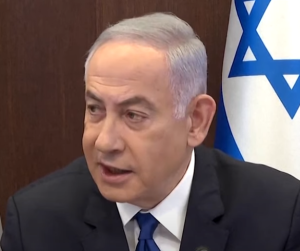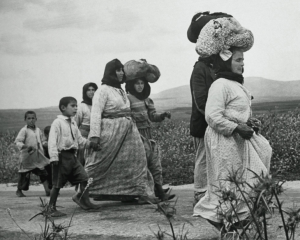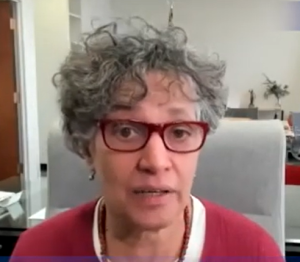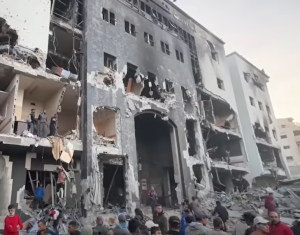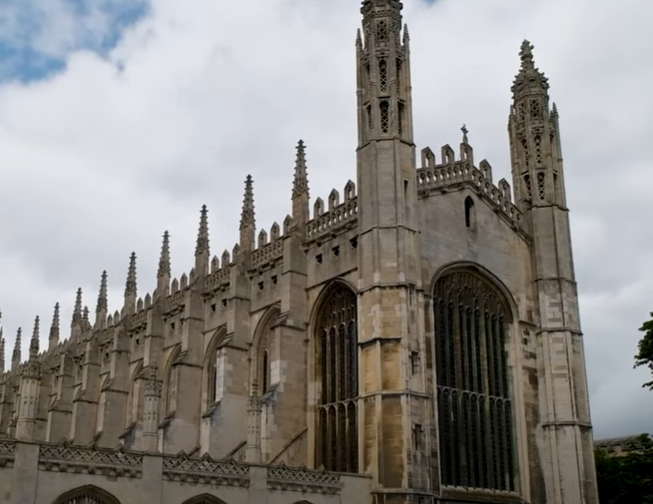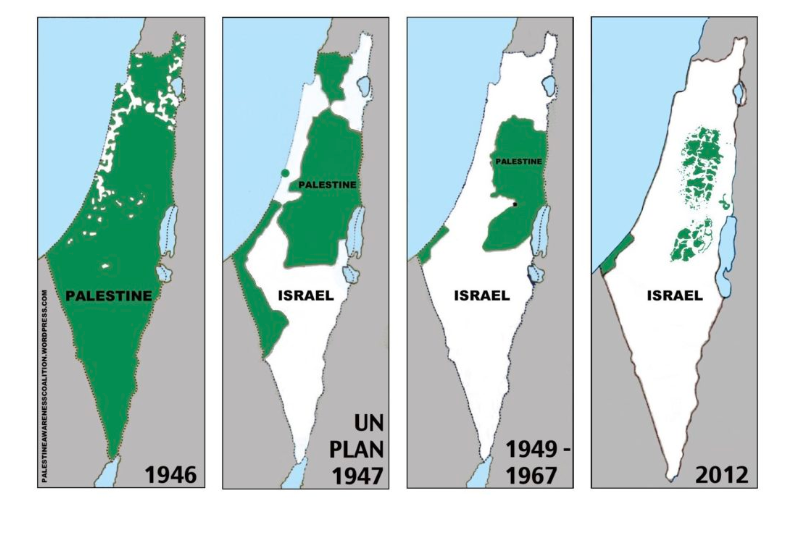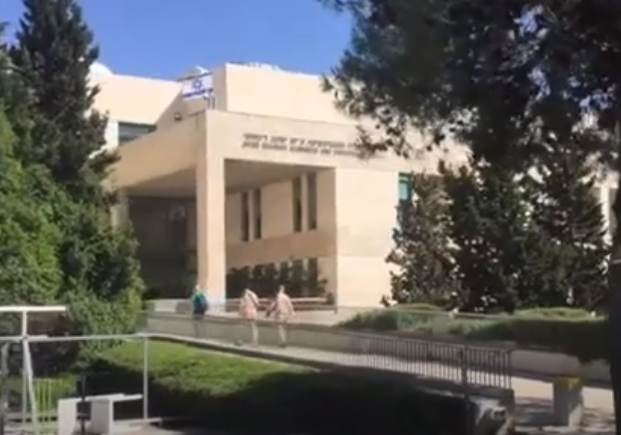2 August 2025
The sign-up page is available by clicking on this link.
Philosophers for Peace
An Open Letter to the Global Intellectual Community
Humanity stands at a critical juncture, facing an unprecedented moral and legal rupture that threatens the very foundations of the international order. The ongoing mass killings of thousands of civilians in Gaza — including children, women, and the elderly — alongside the destruction of essential infrastructure, the blockade of basic resources, forced displacement, systematic starvation, and the deliberate creation of famine by Israel constitute, as documented by numerous international bodies, acts of genocide and ethnic cleansing. These violations are compounded by Israel’s military operations in Lebanon and Yemen, and its ongoing breaches of the Lebanon ceasefire.
The crisis is further intensified by Israel’s so called “preemptive attack” on Iran (June 13) and the United States’ strikes on Iranian nuclear facilities, actions undertaken without United Nations authorization. These measures violate the Charter of the United Nations, disregard the sovereignty of states, and risk normalizing a doctrine of unilateral force detached from international law. Such developments hasten the collapse of a rules based global order, substituting law and diplomacy with sheer coercive power.
This descent into lawlessness illustrates a broader and deeply concerning trajectory:
• The systematic dehumanization of entire populations, most notably the Palestinians, through sustained military aggression and hegemonic narratives that negate their humanity and right to justice.
• The erosion of confidence in international institutions, whose silence or complicity perpetuates cycles of violence, undermining the very ideals of human rights, democracy, and the rule of law.
• The suppression of academic freedom and civic dissent, as students, scholars, and intellectuals who oppose war crimes or call attention to mass atrocities face censorship, retaliation, and institutional pressures.
The continued erosion of international law and humanitarian norms risks propelling the world toward what Thomas Hobbes described as a “state of nature” — a condition in which the rule of might overrides the rule of justice and legality. To avert this regression, we must work collectively toward a more reasonable and cooperative global order — one grounded in intercultural dialogue, moral engagement, and resilient institutions, as envisioned by leading thinkers and traditions from across the world.
We therefore call upon philosophers, intellectuals, writers, and humanists worldwide to:
1. Unequivocally denounce Israel’s conduct in Gaza — widely recognized as genocidal — as well as its military operations in Lebanon and Yemen, its unlawful strikes on Iran, and all forms of military aggression executed in violation of international law.
2. Defend and fortify academic and civic spaces as sanctuaries for truth, justice, and principled opposition to violence and oppression.
3. Collaborate across borders to reimagine and strengthen global institutions capable of advancing the rule of law, promoting peaceful conflict resolution, and safeguarding human dignity over coercive power and political expediency.
Philosophy and the humanities must not retreat into silence in the face of such systemic violations. We share a distinct intellectual and historical responsibility: not only to critique injustice but to actively contribute to the construction of a just, inclusive, and sustainable global order.
We invite you to endorse this letter and join a global consortium of scholars committed to renewing humanity’s moral imagination — an imagination rooted in peace, justice, dialogue, and a collective dedication to universal human rights.
[The final version, revised based on received suggestions]
Signed:
Thomas Pogge, Yale University (pictured)
Norman Finkelstein, Independent Scholar
Rashid Khalidi, Columbia University
Prabhat Patnaik, Jawaharlal Nehru University
Boaventura de Sousa Santos, Coimbra University
Hamid Dabashi, Columbia University in the City of New York
Nader Hashemi, Georgetown University
Hossein Houshmand, Simon Fraser University
Seyed N. Mousavian, Loyola University Chicago
Muhammad Ali Khalidi, Graduate Center, City University of New York
Hossein Dabbagh, Northeastern University London
Amia Srinivasan, All Souls College, University of Oxford
Karim Dharamsi, Mount Royal University
Farrouk Mitha, University of Victoria
Hossein Sheykh Rezaee, Iranian Institute of Philosophy
Ebrahim Azadegan, Sharif University of Technology
Mohammad Mahdi Hatef, Independent Scholar
Malek Hosseini, Former Professor of Philosophy, Iranian Institute of Philosophy
Amin Bozorgiyan, Anthropology Department, University of Nice
Daryoush Mohammad Poor, Institute of Ismaili Studies
Mohammad Mehdi Ardebili, Independent Scholar
Maryam Nasr Esfahani, Institute of Humanities and Cultural Studies
Amirehsan Karbasizadeh, University of Isfahan
Reza Mosmer, Institute for Cognitive Science Studies
Mohammad Javad Safian Isfahani, Isfahan University
Ali Paya, The Islamic College, London
Kaveh Niazi, Independent Scholar
Babak Abbasi, Islamic Azad university (Science and Research Branch)
Hossein Kaji, Canadian Mental Health Association (CMHA)
Bins Sebastian, Madras Christian College, Chennai, India
Najat Rahman, University of Montreal
Bob Brecher, University of Brighton (Emeritus)
Valeria Pinto, University of Naples Federico II
Philip Kain, Emeritus Santa Clara University
Anton Ford, University of Chicago
Tom Hickey, University of Brighton, UK
Francesco Sticchi, Oxford Brookes University
Hossein Kamaly, Hartford International University for Religion and Peace
Robert Boyce, London School of Economics and Political Science

